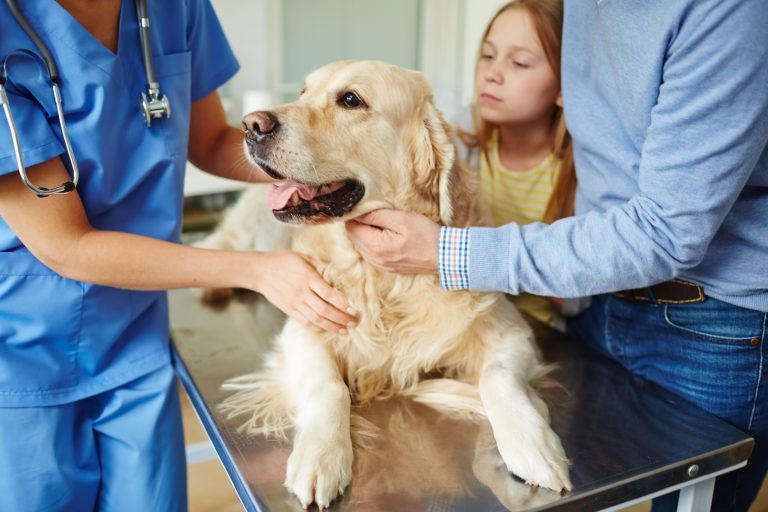1 May 2024
In a letter responding to the Competition and Markets Authority’s review findings, the college also called for greater public recognition that most front-line clinicians are not responsible for business decisions.

The Competitions and Markets Authority received an "unprecedented" response to its review into the sector, and is now consulting on further investigations. Image: © pressmaster / Adobe Stock
The RCVS has cautiously backed plans for a more detailed examination of companion animal services, despite sharing fears about the potential impact of the process on practice teams.
In a letter responding to the Competition and Markets Authority’s (CMA) review findings, the college called for greater public recognition that most front-line clinicians are not responsible for business decisions.
It also urged the authority to support its bid for regulatory powers over practices, as part of new legislation for the sector.
A number of prominent veterinary bodies and businesses have voiced concerns about the CMA process following the conclusion of a consultation launched after it published its review findings last month.
The report followed an earlier call for information that the authority said had attracted an “unprecedented” response, with more than 56,000 individual submissions.
In a letter published on the college’s website, its chief executive Lizzie Lockett said it recognised the authority’s concerns and “appreciates the strength of feeling” indicated by those submissions.
She added: “As such, we agree that a Market Investigation Reference may be an appropriate next step.”
But the letter also voiced concerns about a “worrying spike in abusive behaviour and harassment” towards practice staff in the wake of the report.
A BVA survey found more than a fifth of respondents had experienced more negative client interactions since the review report was published on 12 March.
Miss Lockett said the RCVS was “grateful” for the CMA’s highlighting of mental health issues within the professions.
But she also wrote: “We feel that it is important to remind animal owners that the vast majority of vets and vet nurses are not directly responsible for business decision within their practice environment or able to influence them.”
She suggested that such concerns “would be best directed either to those making the decisions or, better still, submitted as part of the CMA’s upcoming investigation”.
The letter also stressed the college recognised that the CMA’s intervention may be welcomed by the estimated 11,000 members of the professions who made their own submissions to the review, “albeit not the immediate negative reaction from their clients”.
One area where the CMA’s input has been widely welcomed, though, is in relation to its calls for reform of veterinary sector legislation.
Miss Lockett’s letter set out the college’s priorities for new legislation, including regulation of the wider vet-led team, enhancement of the role of the veterinary nurse and plans to modernise its complaints and disciplinary procedures.
But Miss Lockett also described practice regulation as “a key part” of the package that it hopes a new act will include.
She wrote: “We would encourage the CMA to support the RCVS’ recommendation that we should be able to regulate practices as well as individual veterinary surgeons and veterinary nurses.”
The letter further emphasised the work of the college’s newly formed Public Advisory Group on a project to develop new advice materials for pet owners on their interactions with clinicians and an ongoing review of guidance by its Standards Committee.
But Miss Lockett did raise concern about the possibility of a knock-on effect from interventions intended to help pet owners.
She said: “It will be important to ensure that in any push to lower prices, there is no unintended impact on either practice sustainability, and thus access to care, or the vital pharmaceutical research and development pipeline.”